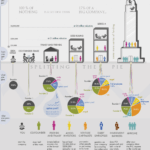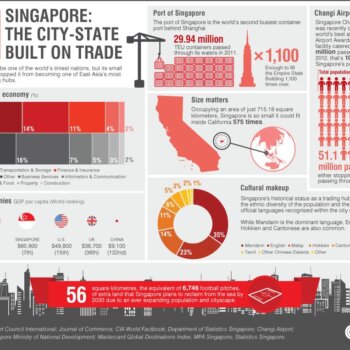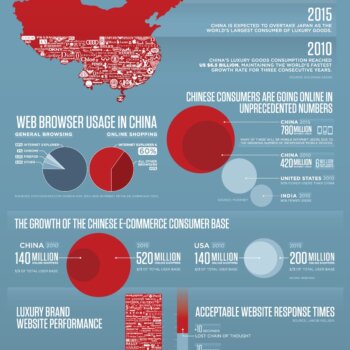One of my LinkedIn groups, “European Entrepreneurship & Innovation @ Silicon Valley” has an active discussion thread going on about where the next Silicon Valley might be. I thought it would be interesting to share with you my own contribution to this …
I’ve worked a lot with startups in Silicon Valley and have close connections with the Plug and Play incubator in Sunnyvale as well as throughout the ecosystem here. While I agree that things are steadily improving elsewhere (and Plug and Play itself is trying to expand it’s concept outside the U.S.) there is lots of evidence that creating another “Silicon Valley” elsewhere still has a long way to go.
As evidence, I’d point to the significant and rapidly growing group of European startups coming to the Valley, from Barcelona, Austria, Rome, the UK and elsewhere. Their reasons for coming here? In their home countries or generally in Europe the ecosystem of funding, expertise (particularly management expertise), talent, mindset, advisors, legal and so on is still far less well-developed than here in the Valley. The fact is that it’s still incredibly difficult to build a successful business from scratch even with all the tools and resources such as cloud-based platforms available today and a lot of it is nothing to do with the technology itself.
The SV ecosystem is still second to none in helping in the broader aspects of this. In almost every case I’ve seen the only local advantages in Europe seem to be lower cost structures (a SW developer outside Rome costs $30k a year, same as an outsourced India person and a lot less than the Valley) and government-backed loans (if you have the patience of Job). On top of which too many prospective employees in these locations just want a 9-to-5 job with benefits (not the go-for-it mentality of startups in the Valley). And labour laws prevent you getting rid of them if they don’t work out.
Another example – a local VC in Spain taking the attitude of “if I invest and you leave, then the equity you already earned and vested comes back to me”. So, I punish you if you leave. What kind of stupid attitude is this? Why would you join the company in the first place? I don’t know any Valley VC who will do this – or even think of doing it. Golden handcuffs inasmuch as you earn and keep more the longer you stay, and topping up the options regularly – yes, here in the Valley. But not over there, apparently.
Yet another example – you can incorporate here in the Valley overnight with the help of a top-notch Valley lawyer from Orrick(who will do this for free and a $600 filing fee). OK, his time is minimal and he wants the relationship. But try doing that in Rome or Barcelona or Prague and they look at you like you’re mad (and you would be).
If other locations are really becoming new Silicon Valley, then they would start to siphon off a decent share of the financial lubricant needed to prove an idea and scale it up as a business. Do they? I don’t think so. According to the NVCA about 276 Silicon Valley deals raised $2.92 billion in Q2 2010 versus 216 deals that raised $1.57 billion in Q1 2010. Part of a general recovery? Yes. But in bigger picture this is almost half all the VC money invested in the total U.S. ($6.52Bn) going to the few square miles of the Valley. According to Dow Jones Venture Wire“Venture investors put €1.1 billion into 289 deals for European companies during the second quarter of 2010”. Even though this is a 50% increase over last year its still saying that all of Europe raised less than half the money going into Silicon Valley. China? Raised $689m in the same 3 months. Less than a quarter of the SV amount.
So, who is winning the fundraising game? Today anyway …
Don’t get me wrong. It would actually be a wonderful thing if there were Silicon Valley’s in Poland or Abu Dhabi or Kandy or Phuket (my vote). And yes it is slowly changing out there. Not just in Europe – Asia is following suit. But they’re all still a long way from being in the same league as Silicon Valley.
My prediction is actually a bit different anyway. I think the truly successful startups will become multinational early in life and stay that way. They may be headquartered and funded in one place – maybe Silicon Valley or London, develop their software in another – maybe Prague or Hanoi (with employees motivated as part of the global team, not outsourced coders who don’t give a hoot who they’re working for), partner globally and locally and be connected directly with customers all over the world. But that’s not the old 1000+ person multinational. This is 15 people in a quasi-virtual organization yet all bound together with a common identity. And of course this is how we’ll really bring the world together in the future!
written by Philip Smith, who founded Silicon Valley Frontlines




























